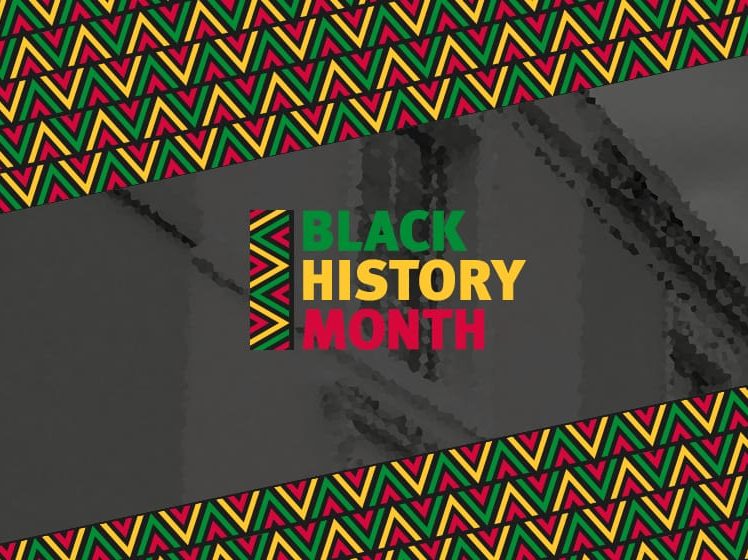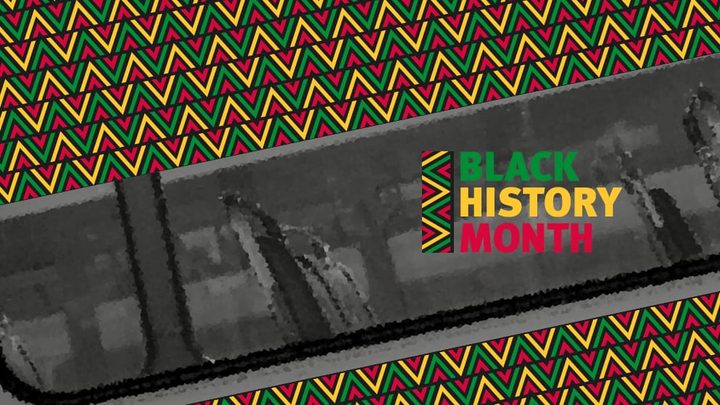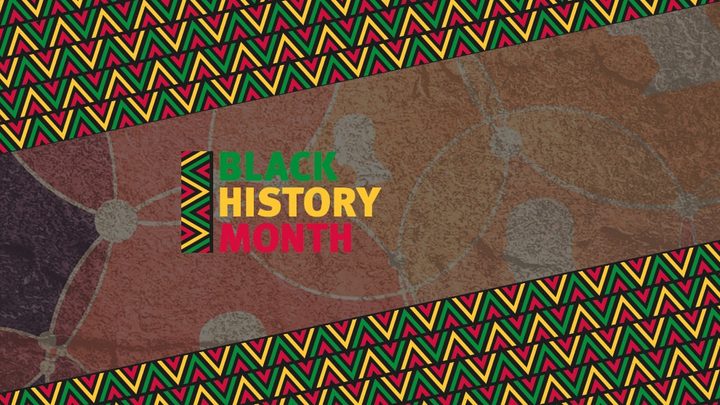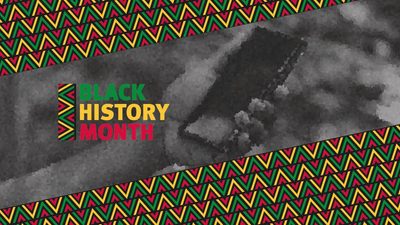Black History Month has been celebrated in the UK in October since 1987. It provides a platform to celebrate the achievements of Black people, which for many years have been overlooked in the teaching of history. It is an excellent opportunity to put a spotlight on the contributions of the UK’s Black community across science, politics and the arts.
How did the Mangrove 9 story begin
In 1968, a Trinidadian man named Frank Crichlow opened a Caribbean restaurant called The Mangrove in London’s Notting Hill area.
The Mangrove soon became a popular meeting place for Black intellectuals and activists, who felt safe there and enjoyed the sense of community it offered. The restaurant even attracted famous customers, including Bob Marley, Jimi Hendrix and Nina Simone.
However, The Mangrove’s popularity also led to some unwanted attention. Between January 1969 and July 1970, the police raided the premises 12 times on the grounds of drug possession, despite a lack of evidence.
Frank Crichlow and his customers believed that The Mangrove was being unfairly targeted by the police, who wanted to close it down. They believed that the police’s efforts were racially motivated and so they organised a march to protest this unjust treatment.
On 9 August 1970, 150 people marched to the local police station to demand a stop to the raids and the police officers’ racist actions.
Unfortunately, the march turned violent and the clashes between the police and protestors led to arrests. Nine people were charged with incitement to riot, and the high-profile trial that followed meant they became widely known as the Mangrove 9.
The Mangrove 9 were:
- Barbara Beese
- Rupert Boyce
- Frank Crichlow
- Rhodan Gordon
- Darcus Howe
- Anthony Innis
- Altheia Jones-LeCointe
- Rothwell Kentish
- Godfrey Millett
The trial
The British public and media followed the Mangrove 9 trial closely for a couple of reasons. Firstly, because two of the defendants, Howe and Jones-LeCointe, chose to defend themselves. This was an unusual decision and was not a traditional legal tactic.
Secondly, because the defendants asked that the trial have an all-Black jury. This request was ultimately rejected but, in the end, two of the 12 jurors were Black.
Throughout the trial, evidence of police brutality and racism came to light. After a 55-day trial, the jury found all 9 defendants innocent of inciting riot. However, 4 of the 9 were given suspended sentences for lesser charges, including assaulting police officers.
Why is the Mangrove 9 story important?
At the end of the trial, the judge stated that the proceedings had “regrettably shown evidence of racial hatred on both sides”. This was hugely significant because it was the first time anyone in the justice system had acknowledged racial prejudice in London’s Metropolitan Police.
Ian Macdonald, the Mangrove 9’s lawyer and a pioneer of anti-racist legal practice in the UK, wrote in Race Today:
“The Mangrove Nine trial was a watershed because we learnt through experience how to confront the power of the court, because the defendants refused to play the role of ‘victim’ and rely on the so called ‘expertise’ of the lawyer.”
The story of the Mangrove 9 is important because it opened up opportunities for other marginalised groups and civil rights activists to take on the legal system. Their defiance and bravery showed that justice could prevail in cases like this.
Learn more
If you’re interested in Law, Politics or History and would like to see how you can study these subjects at university, use our degree finder to search for related degrees.
And, if you want to know more about UK Black History Month, then you can visit the official website, where you’ll find lots of resources, information and remarkable stories.






